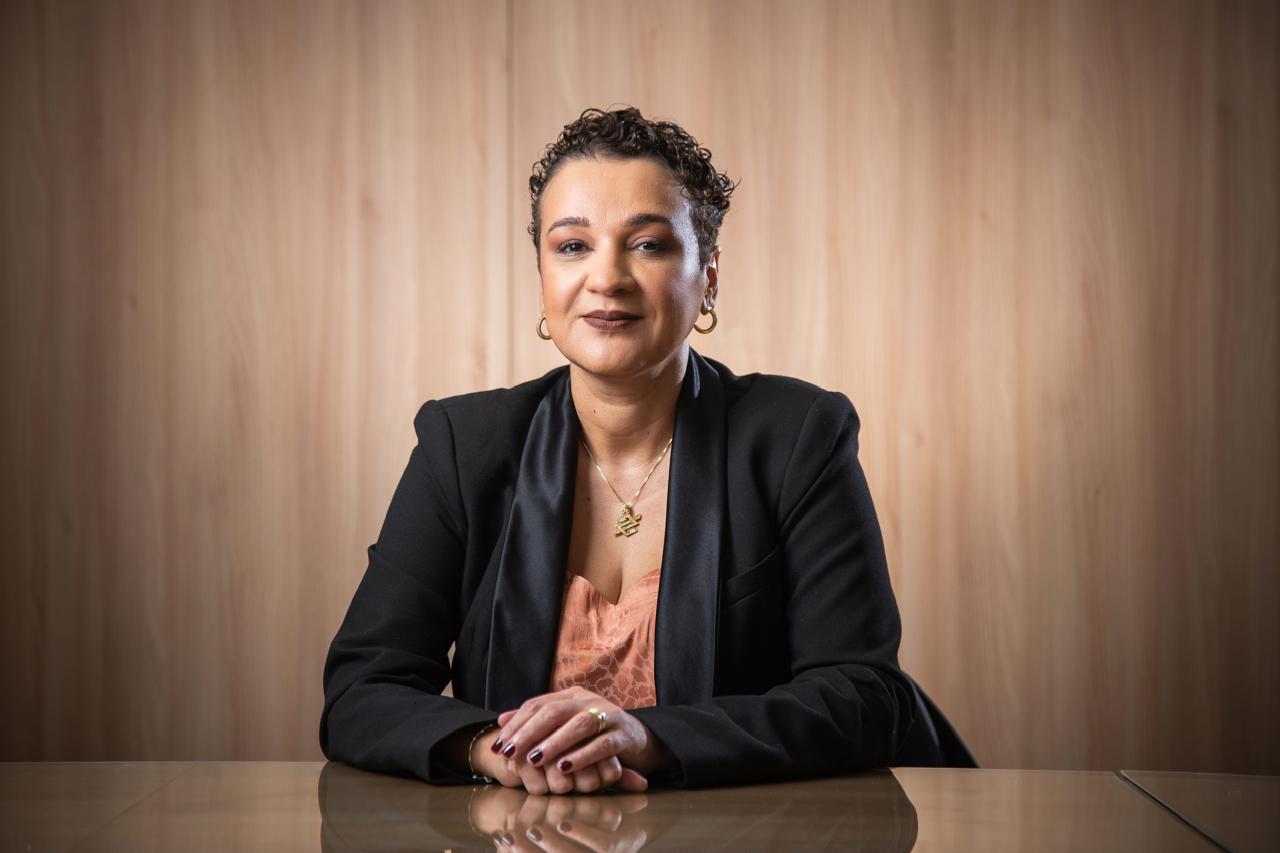Financial institutions can drive Amazon conservation, says Banco do Brasil president
In a Newsweek article, Tarciana Medeiros detailed Banco do Brasil’s initiatives to protect the Amazon ahead of COP30 in Belém

By Tarciana Medeiros, Banco do Brasil president
International leaders will gather this November in the heart of the Amazon rainforest as Belém, Brazil, hosts COP30. Located at the mouth of the Amazon River, Belém is home to over 1.3 million people and marked by skyscrapers—a metropolis that may seem incompatible with the rainforest, and one that was my home for nearly two years.
The UN Climate Summit will shine a light on our common responsibility to preserve this critical biome—which spans nine countries—and will also highlight the challenge of aligning economic development and social inclusion with environmental protection.
Belém is a hub for the Amazon’s economy. And Banco do Brasil, the country’s largest financial institution—which I am honored to lead—plays a strategic role in the region's bioeconomy, supporting the development of sustainable, people-centered economic alternatives, such as the cultivation of cocoa, açaí, cassava, and pepper.
By listening to the needs of local communities, we’ve been able to foster value chains that promote social inclusion. Bioeconomy hubs have already been implemented in five Brazilian states, and we plan to expand this model to support sustainable alternatives in other biomes, such as the Cerrado.
I recently signed an agreement with the government of the state of Pará—COP’s host state—to make over $90 million available for financing bioeconomy and innovation, with a focus on supporting community producers, strengthening local businesses, and promoting inclusive economic growth.
Developing sustainable economic alternatives for the more than 40 million people living in the Amazon Basin is imperative. Through Banco do Brasil, I am committed to reducing deforestation and advancing sustainable land use—with a focus on conserving natural resources and generating, maintaining, and diversifying income for smallholder farmers.
During an event held alongside the UN General Assembly in New York, Banco do Brasil and Natura, a multinational cosmetics company, formalized a $9 million financing agreement for impact projects in Brazil’s northern region, focused on Agroforestry Systems. The initiative aims to restore about 30 acres of forest, with the potential to unlock up to $376 million in future financing.
While attending Climate Week NYC, I had the opportunity to engage with investors and reinforce our commitment to the climate agenda—especially after Banco do Brasil was recognized, for the sixth time in 2025, as the world’s most sustainable bank, according to the Corporate Knights ranking.
The restoration of degraded land, the transition to renewable energy, and decarbonization solutions are top priorities of my tenure. Banco do Brasil has set a new target: to conserve or reforest 5 million acres by 2030. Today, our operations are powered entirely by solar energy—the bank now owns and operates 23 solar plants. Our ESG credit portfolio has already reached $75 billion, with more than $3 billion allocated exclusively to renewable energy.
As we prepare for the challenges ahead, we are also developing proprietary methodologies to operate directly in the carbon market—which is now entering its implementation phase in Brazil, following the regulatory framework approved at the end of last year. Using artificial intelligence, geoprocessing, and data analysis, we are identifying opportunities to generate carbon credits through forest preservation and land restoration.
Understanding the Amazon and the needs of its people is essential to ensuring effective preservation—to the benefit of the entire world. That’s why the discussions taking place in the region this year represent a critical opportunity we cannot afford to waste.
Tarciana Medeiros is CEO of Banco do Brasil, a government-owned financial institution. She is the first woman to lead the country’s oldest and largest bank, which operates in more than 80 countries.
The views expressed in this article are the writer's own.The content was originally published on Newsweek.
